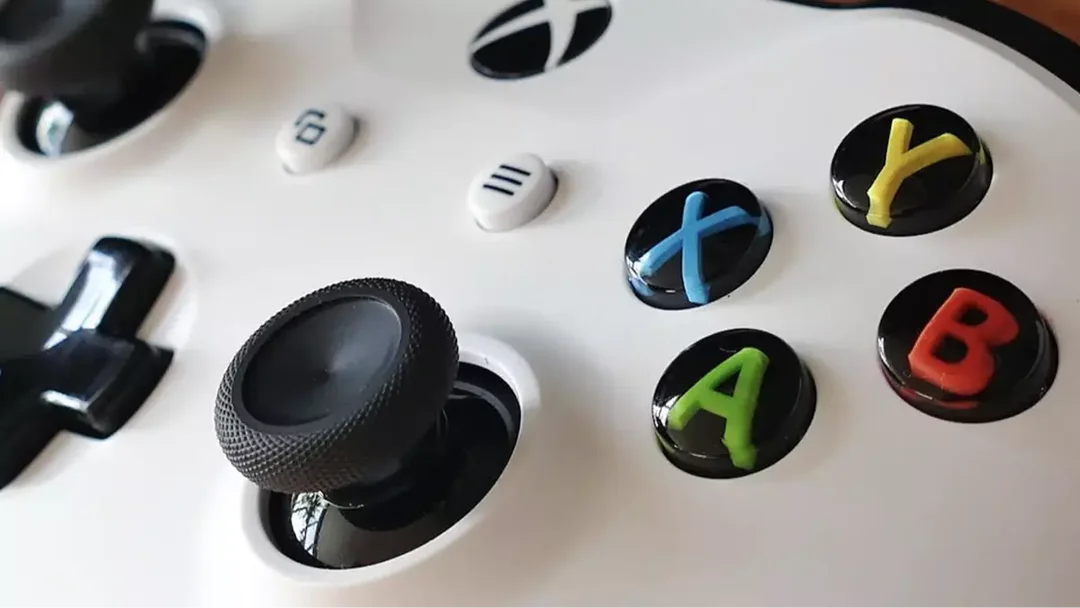
Microsoft Re-evaluates Handheld Strategy: Prioritizing Windows Gaming Over Native Xbox Device
The handheld gaming landscape is heating up, and Microsoft is making strategic shifts to stay competitive. Reports indicate that Microsoft is temporarily shelving its plans for a native Xbox handheld, codenamed "Pembrooke" to prioritize optimizing Windows 11 for third-party handheld gaming PCs and its collaboration with Asus on "Project Kennan.". This decision appears to be a direct response to the growing success of Valve's SteamOS and its increasing presence on competing devices.
SteamOS has gained significant traction, offering a streamlined and optimized gaming experience on handhelds. This challenge to Windows dominance has seemingly prompted Microsoft to refocus its efforts.

According to a Windows Central exclusive, the shift in priority involves improving the Windows 11 gaming experience for devices like the Asus ROG Ally and Lenovo Legion Go. These devices, while powerful, currently lack the seamless integration and optimization offered by SteamOS, particularly in areas like battery life and performance.
Project Kennan, Microsoft's collaboration with Asus, is reportedly targeting a launch later this year. While the hardware is largely complete, the focus is now on refining the software experience to better compete with SteamOS. The Windows and Xbox teams are collaborating to enhance the handheld gaming experience on Windows 11.
Jez Corden of Windows Central notes the potential impact of community feedback on this strategic shift: "If there's anything Microsoft's reported actions highlight, it's that voicing your complaints and frustrations does indeed work. I say this because I can almost guarantee that without the praise of SteamOS and the recent criticisms of Windows 11, Microsoft wouldn't lift a finger." This highlights the importance of gamer feedback in shaping the future of gaming platforms.
Microsoft's long-term vision still includes a native Xbox handheld. However, the immediate priority is to enhance the Windows 11 experience on existing and upcoming third-party devices. This includes addressing key areas such as power efficiency, performance optimization, and a more intuitive user interface designed specifically for handheld gaming.
The move also coincides with Microsoft's ongoing development of next-generation Xbox cloud systems, currently in testing. These cloud platforms aim to deliver latency closer to that of NVIDIA's GeForce Now service, further blurring the lines between local and cloud gaming experiences.

This strategic pivot raises several questions. Can Microsoft effectively close the gap with SteamOS and provide a compelling Windows 11 handheld gaming experience? Will the delay impact the potential launch of an Xbox native handheld? The answers to these questions will determine Microsoft's success in the increasingly competitive handheld gaming market.
What are your thoughts on Microsoft's change in strategy? Do you think prioritizing Windows 11 optimization is the right move? Share your opinions in the comments below!